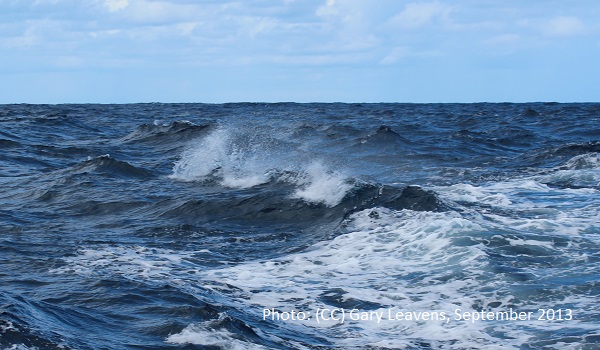Rescues and arrivals to the Canary Islands continue, with 2,500 people landing over the first 19 days of September alone, an average of more than 140 people daily. Local authorities on Tenerife announce a new initiative to assist people on the move and combat xenophobic discourses. The distribution of 2,500 unaccompanied children between Spanish municipalities remains unresolved as new health guidelines for migrant children draw attention to their mental and physical suffering.
Attempts to reach Spain’s Atlantic islands via dangerous journeys from Northern Africa have continued apace. While media attention was focused on the volcanic eruption on La Palma, 27 women, 10 children and 57 men were brought ashore on 16 September, and four boats with 197 people onboard rescued on 17 September. Just a few days later, 40 people were rescued to the south of Gran Canaria, marking a total of 2,500 people that arrived on the islands over the first 19 days of September of over 140 a day. On 20 September, two boats with 92 people in total arrived in El Hierro without the assistance of rescuers. Two more rescues by Spanish maritime rescue were reported over the next two days, one of 32 people off Fuerteventura and a second of 34 sub-Saharan people near to Gran Canaria. In the early hours of 22 September, a dinghy of 34 people was brought to shore in Gran Canaria: later that day, a group of 15 arrived of their own accord to the island. Another boat arrived the next morning with an unspecified number of people. On 22 September, 61 people were also intercepted and brought to shore in Tenerife. The next day, another 100 people were saved at sea. At least 11,841 people had arrived in the Canaries so far in 2021, a figure that is 117% higher than that of the same period in 2020. According to the UN Refugee Agency, a total of 24,791 people have arrived in Spain by sea across all migratory routes, up 57.5% compared with last year.
As numbers of people arriving have remained high throughout the end of summer, officials on Tenerife have presented a new programme aimed at the “care, accompaniment and guidance of migrants”. The social inclusion project, aimed at assisting both civil society organisations and migrants themselves, is a response to a “situation of extreme need” during the pandemic. The island’s President said there was “a lot of work to do” to eliminate prejudices and xenophobic discourses against people arriving. Meanwhile on Lanzarote, weeks of incessant arrivals have left reception facilities overstretched. On 16 September, it was reported that 90 people that arrived on the island would sleep in an old commercial dock for want of more appropriate accommodation. On the same day, a further 308 people were temporarily housed in an industrial warehouse with a capacity for 200 people maximum and no shower facilities.
Antonio Olivera, Deputy of the Presidency of the Canaries, has said that, while the islands are better prepared to provide reception facilities than they were last year, they need to “share in solidarity” with the mainland authorities. As the ability of the islands to care for children on the move remains limited, the Deputy has urged the government to reach an agreement to distribute the more than 2,500 unaccompanied children on the islands amongst other municipalities. As many of these children suffer severe mental health problems, the Spanish Ministry of Health has issued new guidelines on assisting recently disembarked children separated from their families and loved ones. The recommendations describe post-traumatic stress, loneliness and fear of deportation as being common problems for children of all ages. Physical health problems are also addressed, including all-too-common cases of female genital mutilation, as well as hepatitis and malaria.
For further information:
- ECRE, Atlantic Route and Spain: 12 Lives Lost Daily During August, Three Weeks of Non-Stop Arrivals to the Canaries, Some Children in Ceuta to Receive Schooling and Transfers, September 2021
- ECRE, Atlantic Route: Almost 200 Lives Lost Over the Past Weeks, Arrivals in the Canaries Doubled from Last Year, NGO Estimates Death Toll up 500% in 2021, September 2021
Photo: (CC) Gary Leavens, September 2013
This article appeared in the ECRE Weekly Bulletin. You can subscribe to the Weekly Bulletin here.

